How to Avoid Utility Bill Scams
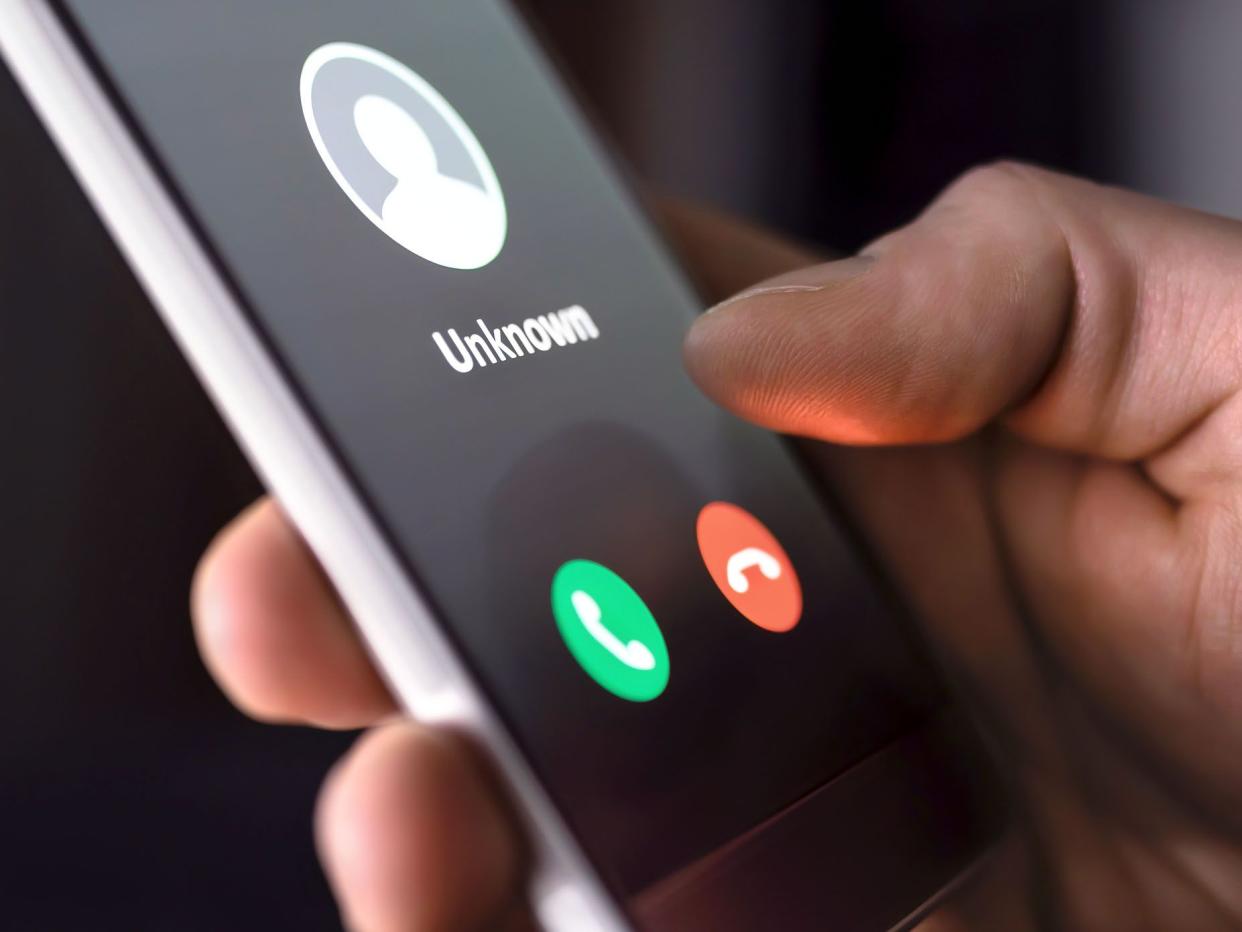
Scammers are relentless, and they will do anything to pull off a good heist. That includes impersonating utility companies, a tactic the Federal Trade Commission has warned about since early in the pandemic. The ploy is designed to "dupe people out of their cash and personal information by convincing them their utilities will be shut off if they don't pay." Here's how to spot utility-bill scammers — including the most sophisticated ones, who are now calling from official-looking numbers — and protect yourself from becoming a victim.
Related: Watch Out for These Scams Targeting Seniors
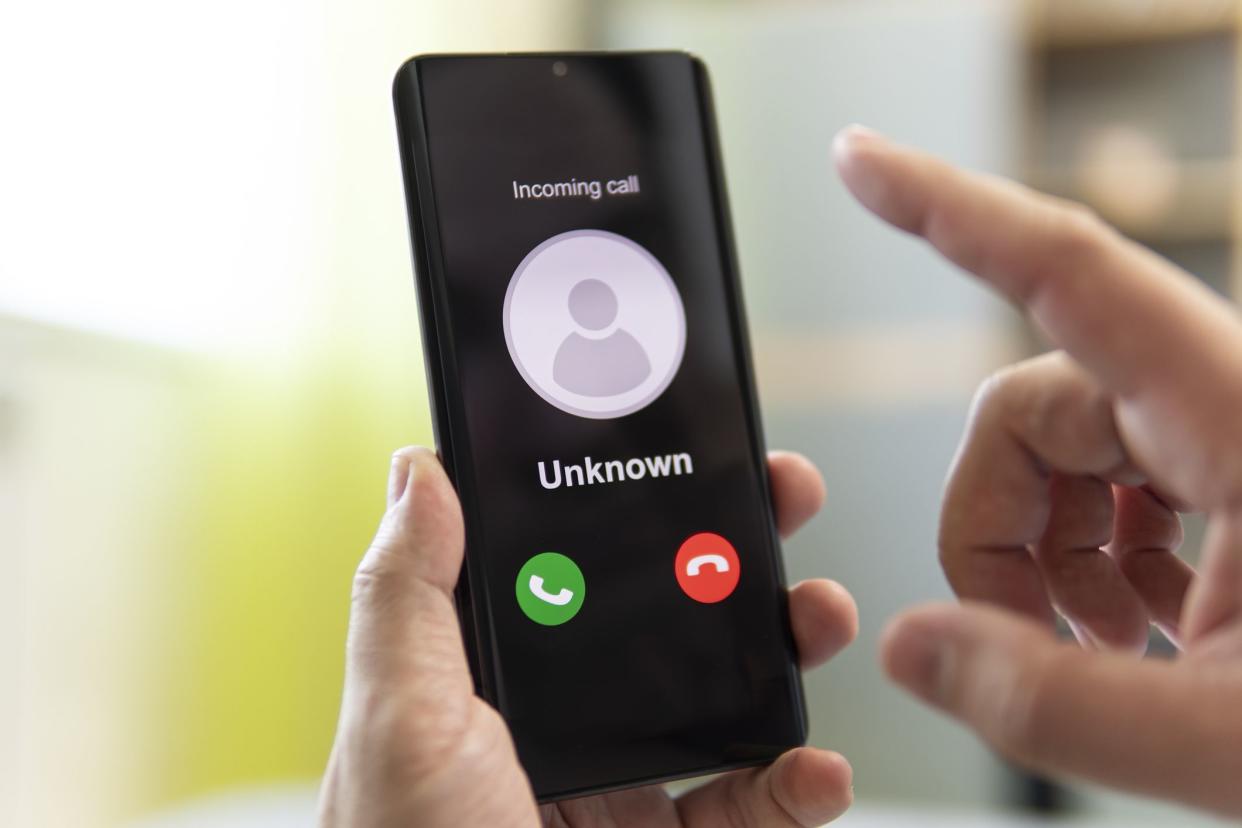
Scammers are well aware that most people hit the the "ignore" button when they see an unknown number. That's why they've started to use technology to impersonate utility companies with their caller ID. One Michigan woman recently fell victim to this tactic — she answered the phone when she saw the number for her electric company, and when she was told she owed $1,900, she agreed to pay $700 to keep her power on. She later realized that the whole thing was a scam.
Related: How to Recognize Big Phone Scams
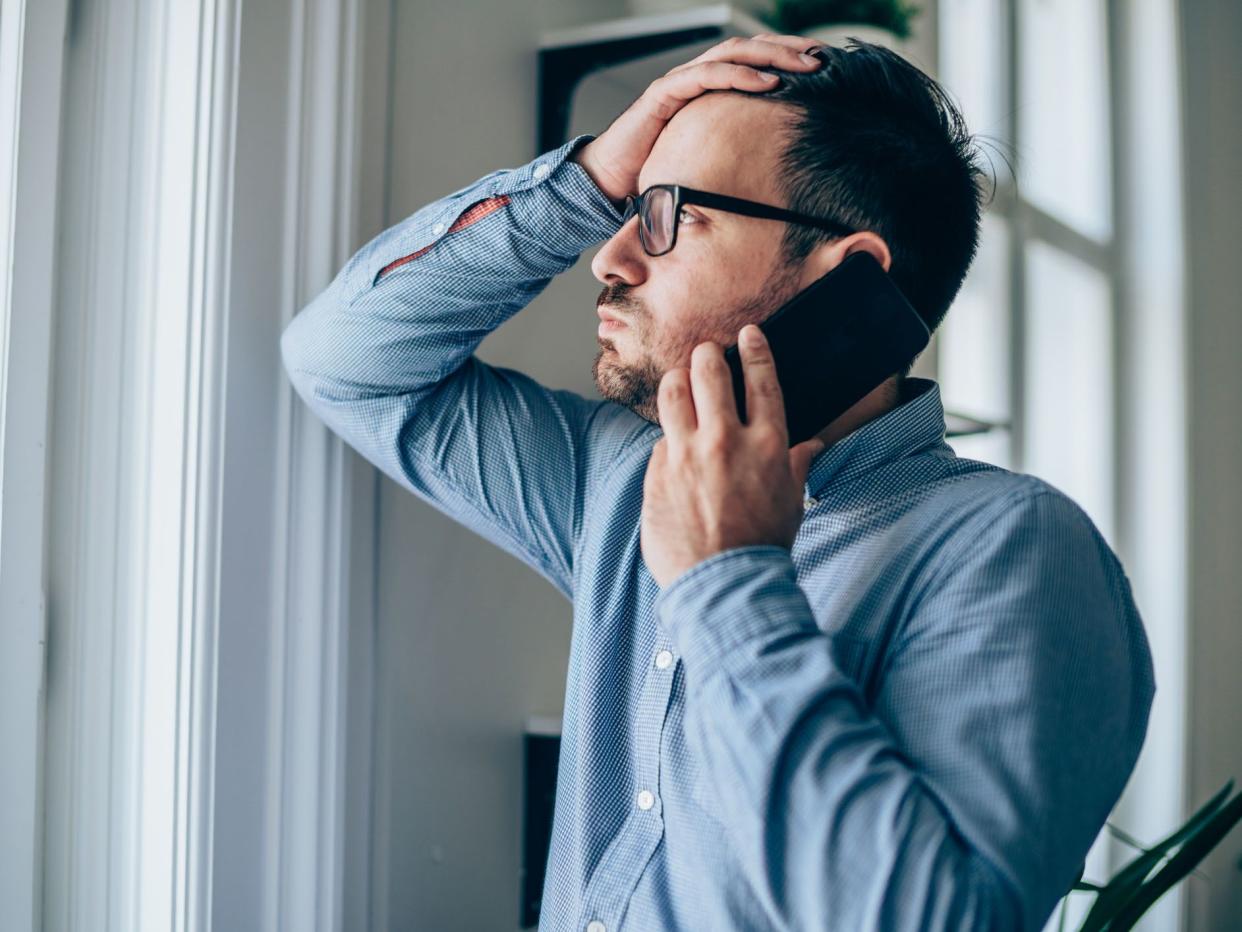
One of the most frequently used and successful tactics among scammers is trying to convince you the situation is urgent or dire, says Matthias Alleckna, energy analyst for the rate comparison website EnergyRates. “They try to get you in a panic and convince you that your payments are late as of this moment and that you need to pay them right now or your utilities will be shut off immediately,” he says. “They know that when people panic, they’re less likely to take precautions or ask questions for fear of hesitating in an emergency.”
Related: Signs You're Getting Scammed While Shopping Online
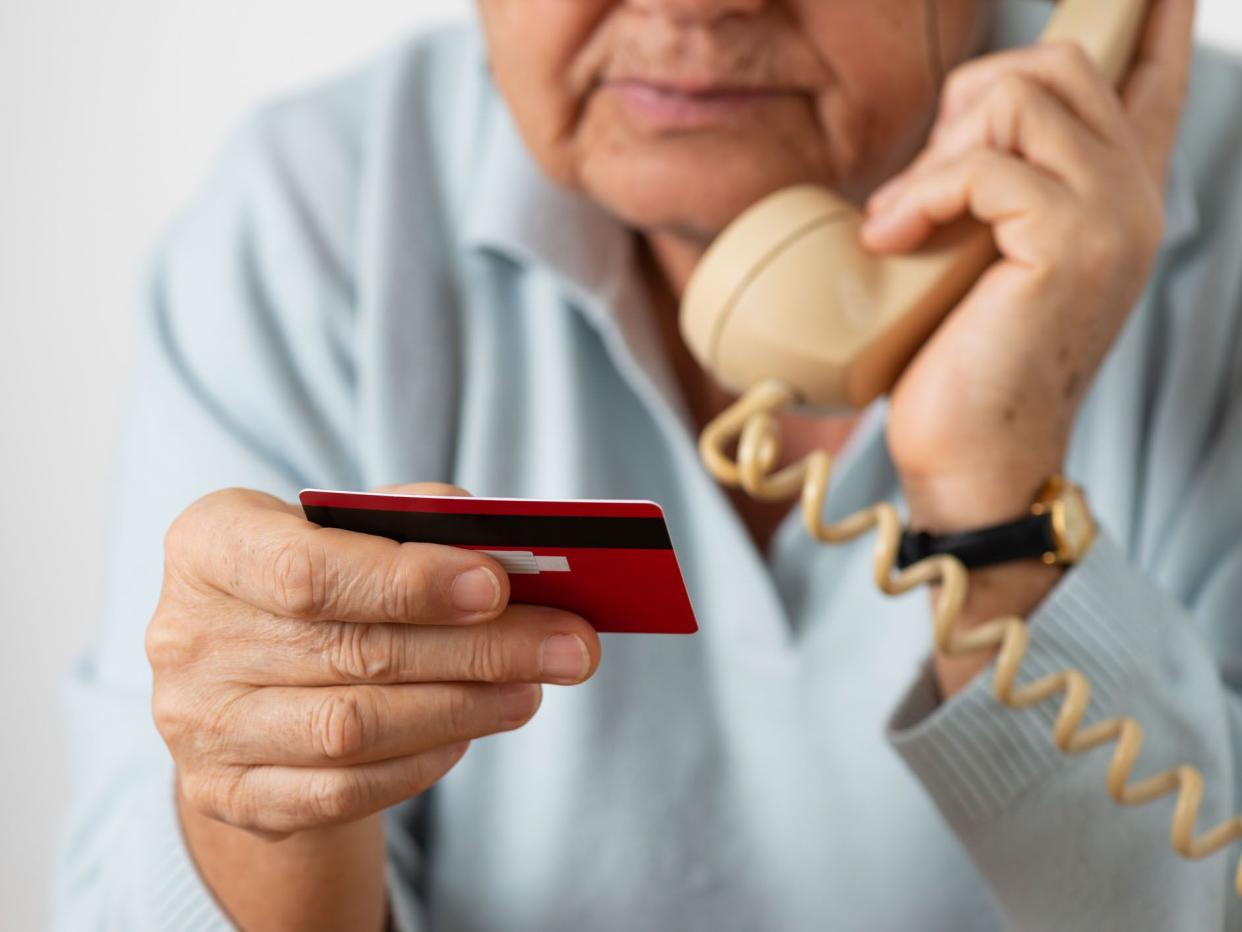
It’s important to remember: A legitimate utility company will not call (or email) to ask for banking information, the FTC says. If someone does call, do not provide it, “even if the caller insists you have a past due bill or your services will be shut off.” Utility companies will also not force you to pay while on the phone with them, or claim it’s your only option. The only time you should provide such information is if you placed the call to a utility company number that you know is legitimate. Look for contact information on a real bill, or by searching out the company’s confirmed website.
Related: Cheap Ways to Protect Yourself From Thieves
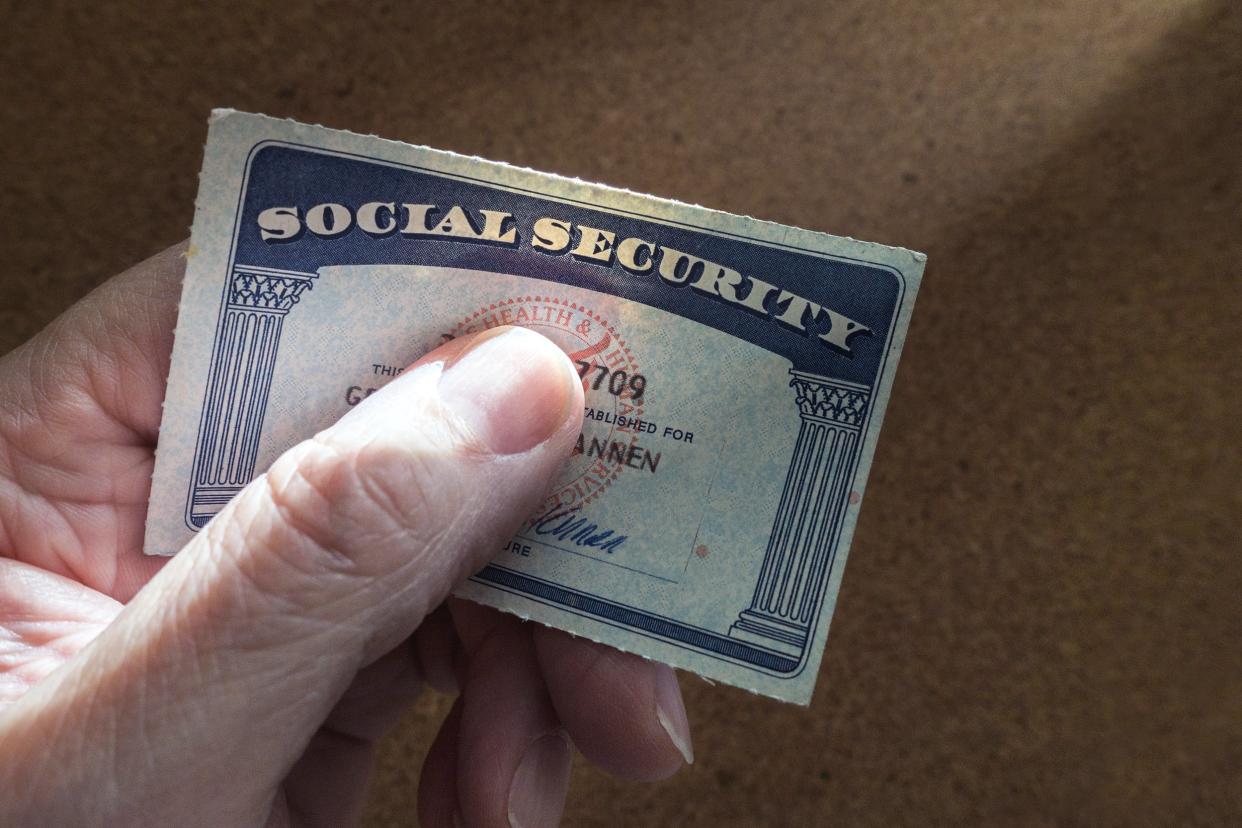
Scammers also often try to get sensitive personal identification information from you. “Under no circumstances should you offer your Social Security number when they ask for it,” Alleckna says.
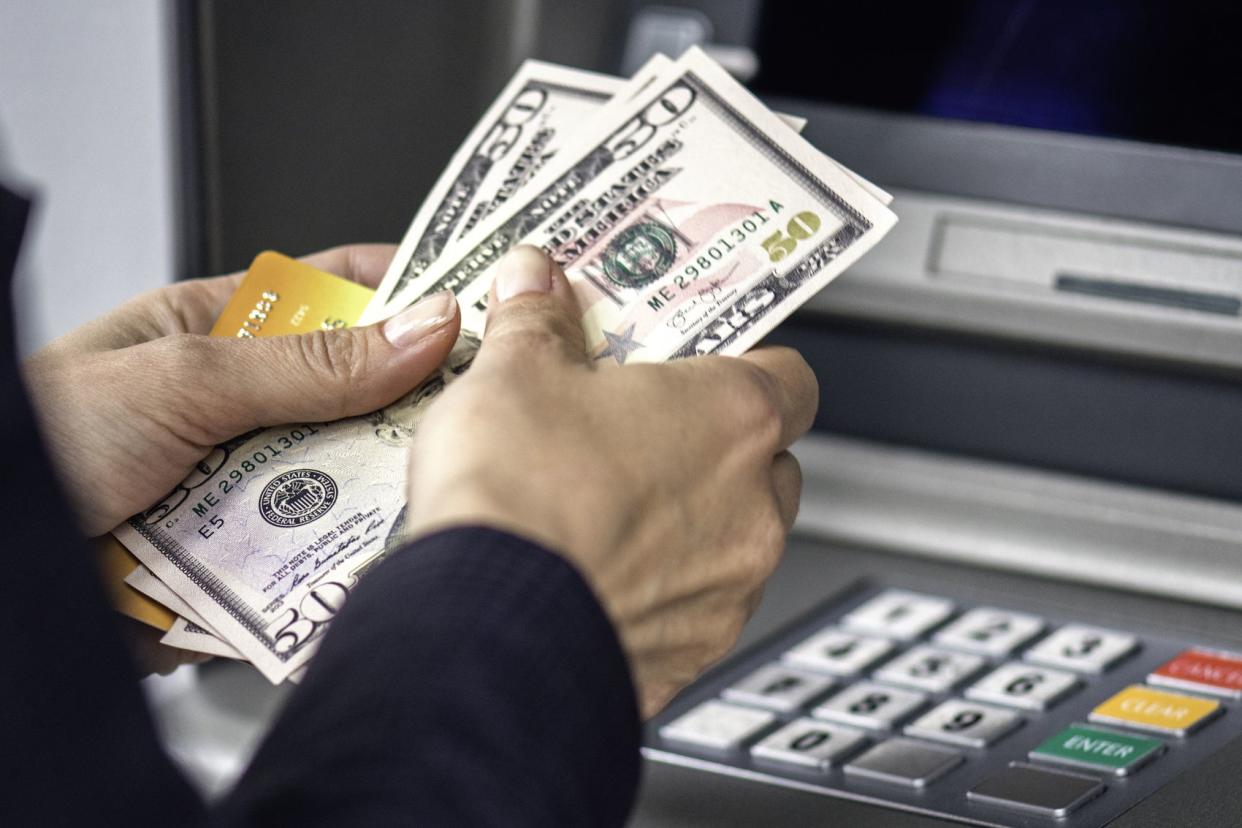
Wire transfers, prepaid cards, gift cards, or bitcoins are not acceptable and reputable forms of payment for a legitimate business. “Utility companies typically accept mailed checks, debit payments, or credit card payments,” Alleckna says. “These methods of payment typically leave a paper trail, something that criminals tend to avoid.” The woman targeted by callers with her electric company's "real" number was asked to send money via the money-transfer app Zelle.

When you’re approached by scammers, they'll typically have only very limited details about your account — and that’s a red flag you should pay attention to. Ask more. “Any probing will make the scam fall through, and they’ll get impatient,” says Jake Hill, CEO of DebtHammer, a personal finance publication.
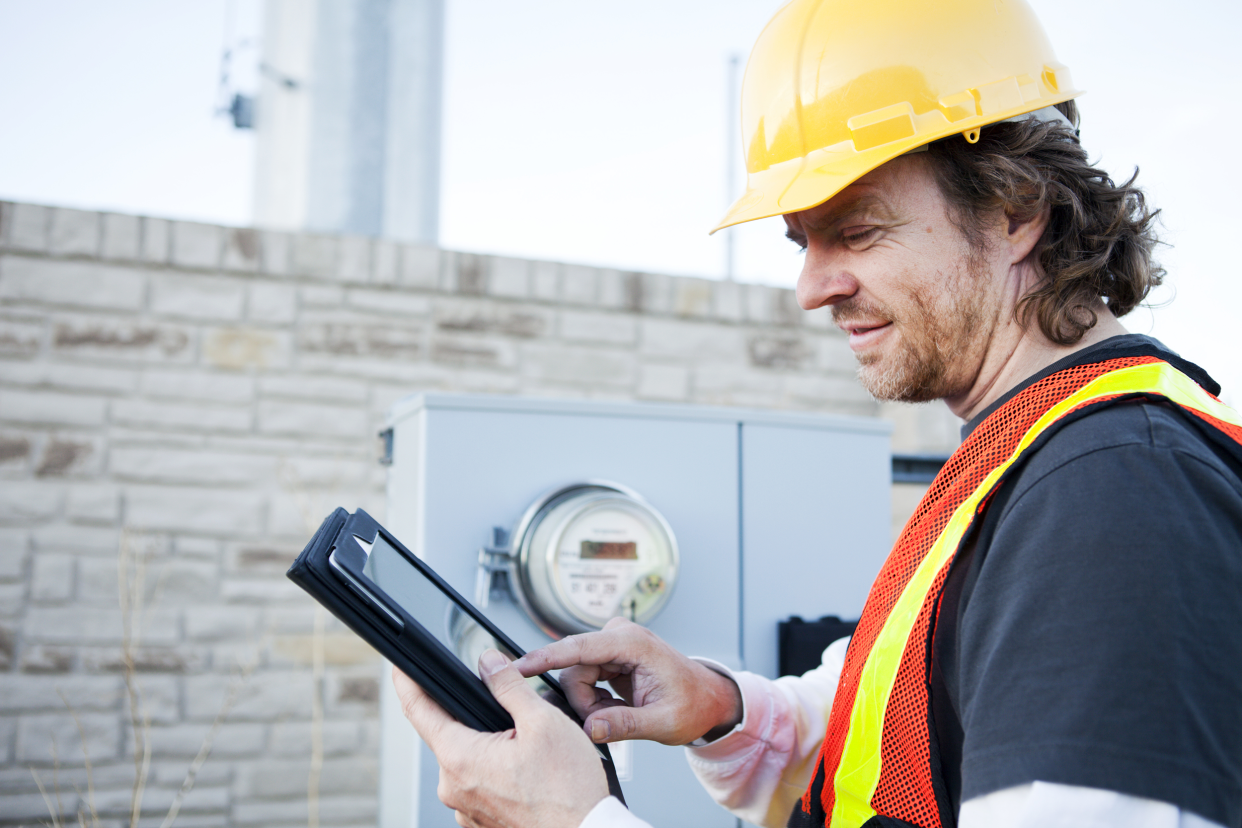
Scammers might knock on your front door pretending to be from a utility company and offering to conduct an energy audit or help in some other way. “Be cautious about home visits from people purporting to work for any energy company and asking to see your utility bill,” says David Cusick, chief strategy officer for House Method, a resource website for homeowners. Cusick says such scammers typically try to get you to sign up for their service “all while obfuscating who they are or their connection to your utility company.”

Yet another scammers’ tactic: sending email that asks you to call or click on a link to provide personal information. “If there are suggestions you click on a link and provide personal information to avoid shutoff, it’s a scam,” says Laura Fuentes, operator of Infinity Dish, a television and internet service provider. “The sad truth is that these scams prey on the elderly, particularly those who are already less versed in technology, but they can happen to anyone.”

In many places, it's illegal to shut off utilities at certain times of the year and without due notice. “Most utility companies don't shut off without first reaching out the customer,” Alleckna says. During the coronavirus crisis, many utilities promised not to shut off power of people unable to pay their bills; utility companies in some places have resumed shutoffs. Research the situation in your state to understand your rights as a consumer and avoid scam artists.

However a scammer may make contact, it’s important to ask a lot of questions to ensure you know who you’re dealing with. “They'll always have some convenient story that glosses over the fact that they're not utility company employees merely conducting a check,” Cusick says. “They're often salespeople trying to skirt door-to-door solicitation laws and overcome consumer common sense. Poke holes, and once it becomes clear they're not legit, tell them firmly to leave.”

If you're unsure whether you’ve been contacted by an imposter, simply end the conversation — hang up the phone, shut the door — and check your account to see if you’re late on a bill and your service is really in jeopardy. “If nothing seems out of order, you can call your provider directly and ask them to verify that the information you previously got was misinformation,” Alleckna says. “Report to them that there’s an impersonator targeting their customers.”

If you’ve been targeted by a scam, it’s likely many other people have. The FTC recommends telling your friends and loved ones so they can protect themselves. When people hear about scams, they’re more likely to avoid them.
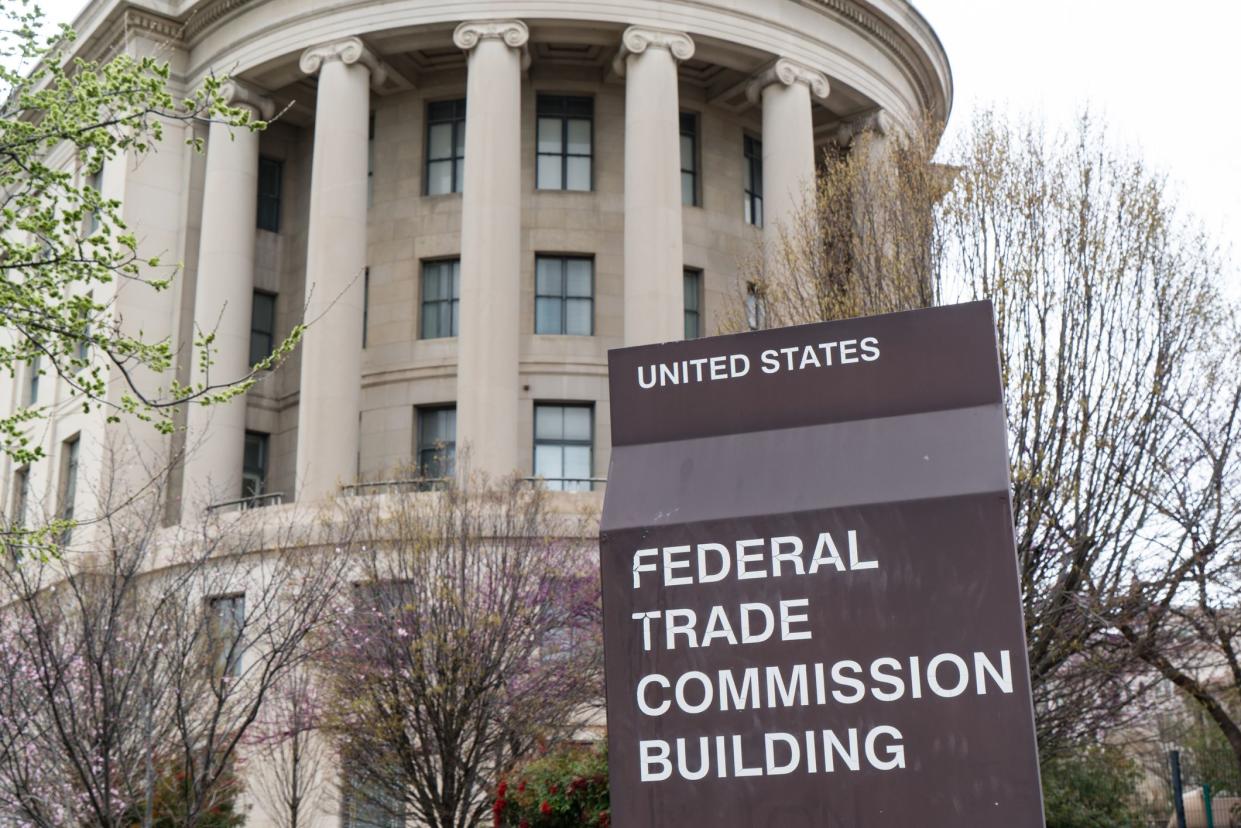
Finally, it’s important to let the FTC know about the potential scam tactic or organization. The agency can then alert its law enforcement partners and potentially stop the scammers. You can report suspected scams here.
Related: The Worst Scams of the Past Decade
